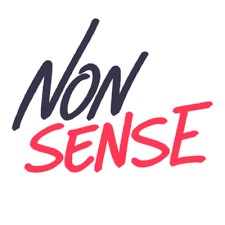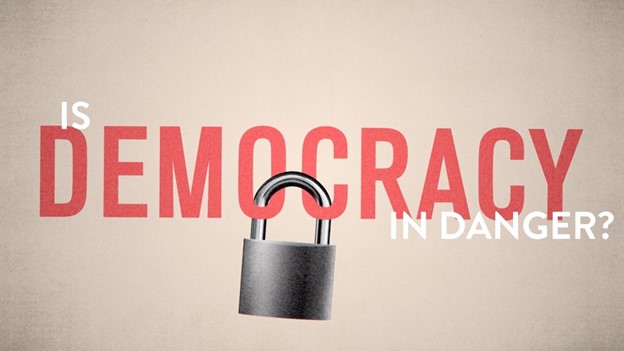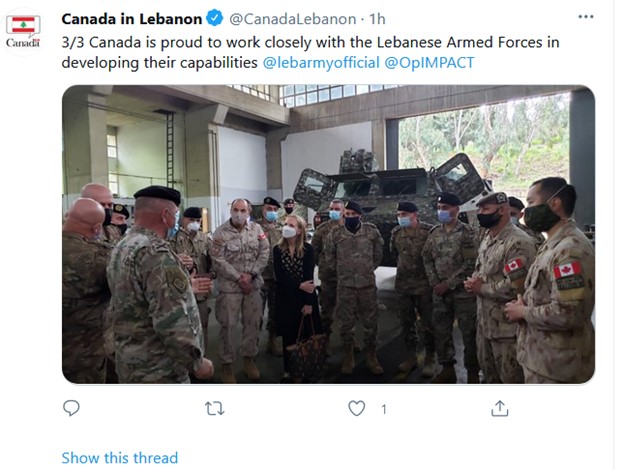
Bambi will not spend much time commenting this article. It speaks for itself.
Many thanks to Dr. Bastien for his lucidity.
Why are we doing this to our beautiful cities?
Mind you, Montreal is not any city for Bambi.
This is where her Canadian journey began.
It is both shocking and sad to read about the narrow-minded, divisive “vision” that some have for their charming cosmopolitan city.
Without further ado, here is a quick translation of Dr. Bastien’s article (https://www.journaldemontreal.com/2021/03/04/les-derives-racialistes-de-projet-montreal):
“We already knew that for Montreal mayor [Ms. Valérie Plante], systemic racism exists in the city, especially within the police force. We did not know, however, that some within Valérie Plante’s party are pushing for a racialization of municipal institutions.
Those who doubt it can only listen to the remarks made by city councilor Marianne Giguère during a meeting of the Montreal Executive Commission, which was held on February 24. In order to promote diversity, the elected official from the Plateau Mont-Royal would find it interesting for the city to set up “safe spaces” for people of colour. It is, in her words, “to have instances where there are no whites, people find themselves between them as a safe space …”.
Divide people according to their race
For my part, it seems to me that dividing people according to their race, activity X for people of such and such a race, event Y for people of such and such another race, is the worst thing to do to build a society that promotes living together. Moreover, it is necessary to emphasize here that the colour of the skin of the people does not in any way determine their culture or their way of being.
Anyone of any race can belong to any nation or culture. In all Western countries, for example, you have people whose ancestors came from Asia or Africa, but who have adopted 100% of the culture of the country in which they live. It is the same in Québec, where many of our fellow citizens have origins other than European, but have nonetheless become, over the generations, 100% Québeckers [why do we always seem to forget that immigrants also have a responsibility in their own adaptation process to their host cities/countries?]. This gradual process of assimilation into the nation, and I use the word assimilation in its noblest sense, is absolutely vital to the functioning of our society [true…].
With its racialist excesses, that is exactly what Project Montreal is attacking. First, it is about locking people into a racial box and establishing a system of separation between them. The next step is to deny that two people with different skin colours can share the same culture.
Pairing system …
But Councillor Giguère is not stopping there. She also wants a system of pairing municipal councillors to be established. Each of them would be forced to have a diversity advisor. This would be a kind of political commissar. He would act as a duplicate of the elected official and would be responsible for monitoring and educating him so that he conforms to the racial and diverse orthodoxy that many espouse at Projet Montreal. This would, I imagine, reinforce messages of the type that Bill 21 constitutes systemic racism and makes Québec a model of supremacism, as Bochra Manaï, the anti-racist expert recently hired by the city, has already said.
I close by addressing Montreal Mayor. In her election year, it is imperative that she disown her advisor and make a clear promise that she will not go down this path. Racializing our institutions would be one of the worst things that could happen to us [indeed…]”.







